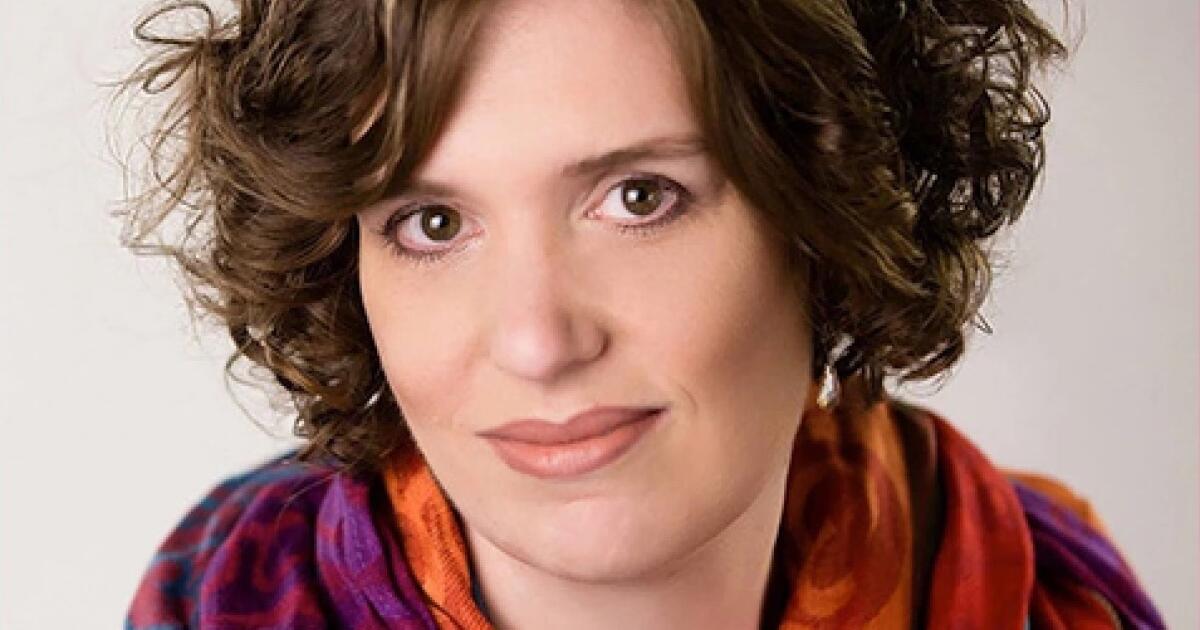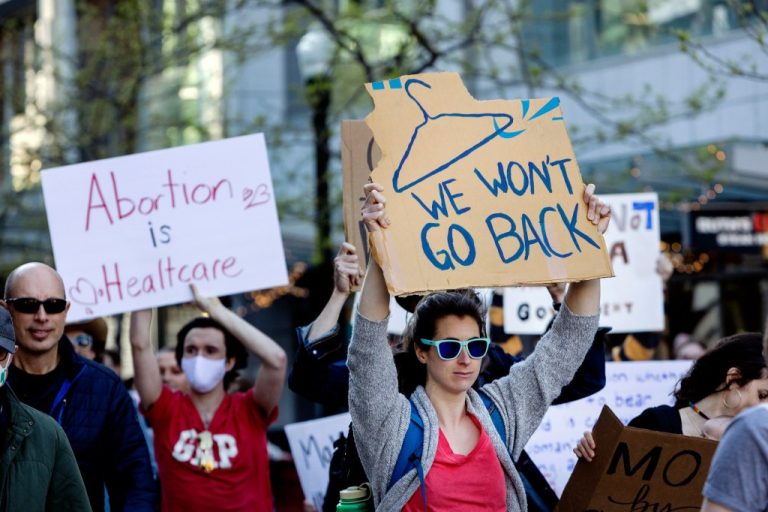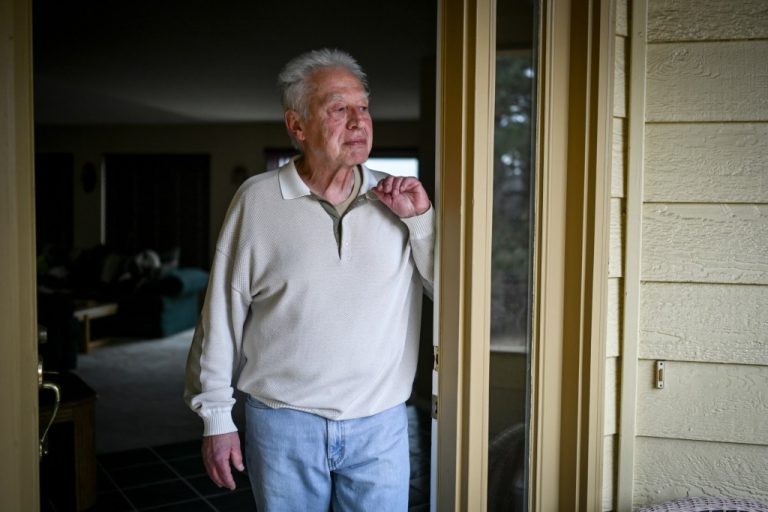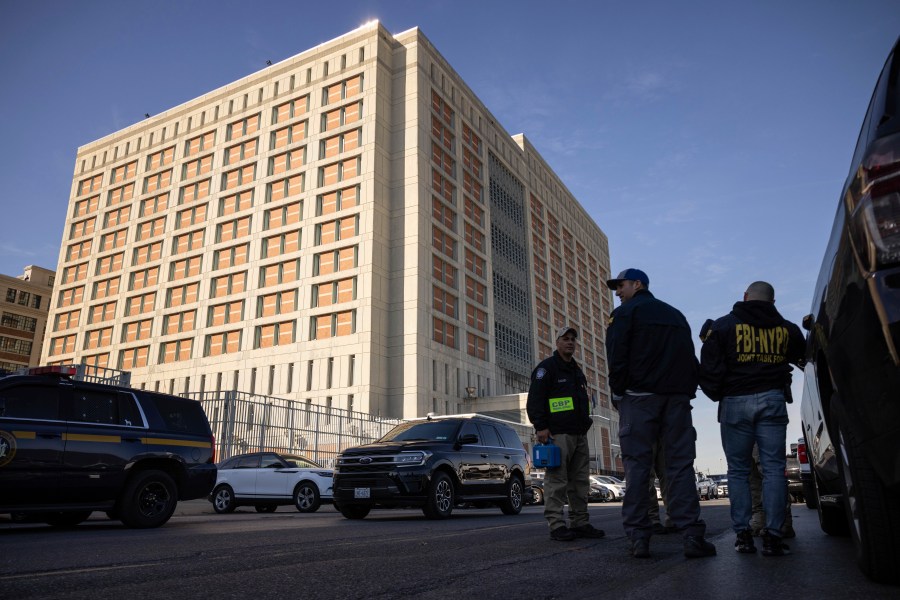
Henny Kupferstein, an autism researcher, is challenging Assemblymember Tasha Boerner, a fellow Democrat, for her seat representing a stretch of coastal San Diego County from Carlsbad south to Coronado.
To help inform voters, the San Diego Union-Tribune asked all the candidates a series of the same questions about their priorities, positions and campaigns. Their emailed answers have been lightly edited for clarity.
Why are you running, and what makes you the best candidate?
As a candidate for state Assembly, my aim is to integrate neurodiversity into legislation. With a background as a published author and scientist, I possess the expertise to meticulously research proposed laws, differentiating between evidence-based data and unfounded opposition. Having authored and successfully passed five bills in New York, I am poised to bring effective change to San Diego’s legislative landscape.

Henny Kupferstein, 2024 primary candidate for California’s 77th Assembly District
(Henny Kupferstein)
As an autistic autism researcher, I advocate for the voiceless and marginalized, particularly those overlooked by inadequate budget allocations and program designs. Unlike many candidates who come from business backgrounds, my focus lies in enacting meaningful legislative changes informed by policy analysis and consumer research.
I offer Assembly District 77 a unique perspective and a proven track record of implementing impactful reforms. It is with this dedication and experience that I seek to represent our community in the state Assembly.
What are the top 3 issues facing this district and California generally?
During my summer canvassing efforts in the district, I learned that preserving scenic views for walking is a priority among neighbors. Uncertainty exists regarding the legality of collective voluntary efforts to maintain canyon paths within city ordinances, since volunteer fruit trees were uprooted.
As my campaign progressed into the fall, constituents expressed concerns about early childhood education to address declining literacy rates post-COVID. The district is experiencing historically low school enrollment rates, prompting young families to seek alternatives to public education, including homeschooling. The rising trend of “unschooling” is associated with heightened mental health concerns among youth, necessitating attention.
Additionally, there’s apprehension regarding bike lanes encroaching on parking spaces.
These issues highlight the diverse range of concerns within the community, which I aim to address effectively if elected. In conclusion, I am the candidate best positioned to protect the next generation by advocating for ecological initiatives and sustainable education.
What are the first 3 things you would do in your first term in the Legislature?
California must urgently address the growing need for long-term services and supports (LTSS) for its aging and disabled population. Currently, public programs often leave vulnerable individuals without adequate coverage. I support state Sen. Susan Eggman’s initiative to mandate title protection for social workers, to ensure services are inline with training and licensure.
Redirecting funds to essential services and employment initiatives, rather than private administration or bureaucratic salaries, is vital to prevent further strain on emergency services and address unemployment rates among vulnerable populations. Moreover, ceasing no-bid contract renewals by the Department of Developmental Services (DDS) is imperative, as billions of taxpayer dollars are misallocated annually, leaving minimal resources for consumers.
Mandating comprehensive sex and health education for special education students will mitigate communication breakdowns and promote understanding. Implementing “identity-first” language in legislation is crucial to uphold the dignity of disabled people and align with national standards supported by neurodiversity research.
What would you do to curb climate change and its effects on California, including the fact that those effects are often borne disproportionately by communities of color?
Coastal San Diego residents are concerned about the eroding coastline. They are also passionate about science and innovation, and hope these shores will provide a home base for oceanography and marine biology students to live and study in areas that can be dangerously wiped out.
Natural disasters disproportionately affect people who cannot afford to live where they work. For example, a poor family of four living in a two-bedroom apartment might be without electricity, heat or water during a storm. We must first prioritize restoring these services to ensure the safety of residents who are the most disadvantaged and least likely to be able to recover financially.
A statewide geothermal network would bring essential utilities to marginalized communities, reducing dependence on costly usage and delivery fees. Such infrastructure development would significantly enhance well-being by providing lifeline resources for those unable to afford living where they work.
What would you do to combat California’s housing, affordability and homelessness crises?
As a formerly homeless individual, I thrived when provided with housing-first support. Research shows that restorative sleep improves decision-making and stability during the daytime. Focusing on those with the highest likelihood of benefiting from housing first could be the most fiscally prudent approach, given the leading cause of homelessness is family conflict, and not mental illness or substance abuse.
The federally-mandated Regional Task Force on Homelessness research reported decreasing rates of successful exits from shelters and rapid re-housing projects since 2019. This indicates that forcing 20,000 San Diegans into shelters does not guarantee successful outcomes.
Houston achieved a 90 percent success rate in housing 28,000 people without them falling back into homelessness for at least two years. Prioritizing data-proven practices like housing first, which addresses restorative sleep before related issues, and prioritizing the most vulnerable individuals are humane and effective data-driven strategies.
Do you personally support Proposition 1? Why or why not?
Vote no on Proposition 1. The county is blamed for not spending public funds to tackle what the state considers a problem. We cannot inter people in psychiatric hospitals and pat ourselves on the back that billions have been invested in their care. A consumer-driven strategy embraces the notion that getting individuals and families out of homelessness and into permanent housing before addressing related problems has a greater likelihood of success than a “problems first” approach.
This proposition overlooks the family model, where reunification may initiate a shared housing situation for 1 in 4 people in distress. When developmentally disabled people were forcibly deinstitutionalized, their relatives became eligible to get paid a minimum-wage for live-in protective supervision. For the other 75 percent who cannot benefit from family reunification, spending $750,000 for each of the 8,000 beds would lead to healthcare bankruptcy with no evidence-based solutions in place.
Do you support or oppose stricter gun laws and background checks? Which, and if you support them, to what extent?
Declaring safe zones or sensitive zones infringes on a civilian’s right to experience the land to its fullest through forced compliance. A Justice Department survey of criminals who use handguns showed that 93 percent had obtained their guns in ways other than buying them at stores where waiting periods are imposed. Forcing stricter rules for responsible gun owners is unreasonable and infringes on their right to protect themselves.
I am a member of a Jewish community here in San Diego, where senseless crimes occurred when shooters entered a synagogue during a high-holiday service. Our rabbis now carry guns, and I support our right to protect each person for themselves as well as representatives of a group or family. I also believe that all humans should have unfettered access to shooting practice in the event that their lifestyle requires hunting and gathering.
Do you support or oppose asking voters to roll back elements of Proposition 47, by which they recategorized some nonviolent crimes as misdemeanors 10 years ago? Why or why not? Do you personally support or oppose making changes to Prop. 47?
This is a troubling proposition. As the police force has been defunded, retail stores have no police presence, nor a response for calls for help. Expecting prosecutors to aggregate or add up charges so that a third misdemeanor could become a felony and a fourth could come with prison time would accomplish nothing if there is no police presence to deter people from repeating crimes. Downgrading crimes such as personal drug possession will hinder crime prevention, as counties can’t properly supervise the reintroduction of misdemeanor offenders into mainstream society.
There is no research to accurately predict that rehabilitation of retroactive felons can significantly reduce recidivism. If kids in NYC go to juvie for stealing lipstick, and NYPD protects Macy’s, then we have a proven model to replicate here.
Californians will vote this year on whether to repeal Proposition 8, a 2008 same-sex marriage ban that has been unenforceable since the Supreme Court ruling legalized same-sex marriage but that remains on the books. Will you personally vote for or against repealing Prop. 8?
We must repeal the Proposition 8 amendment to guarantee constitutional equity for all. Children from intact families fare best in adulthood, and the happiness of thriving couples boosts the economy.
Since the advent of civilizations, unionizing has promoted harmonious living with consolidation of domestic tasks. There is no reason to restrict love and success to a Bible verse of a highly specific religious sect. There is no harm to any religious group to practice their faith while lovers are wed in their state.
I was born and raised in a highly restrictive religious group where I was denied my civil freedoms. I was forced into an arranged religious marriage to a stranger when I was a teenager. We must promote the human right to exist and flourish, with informed choices about our liberties without restriction or consequence.






